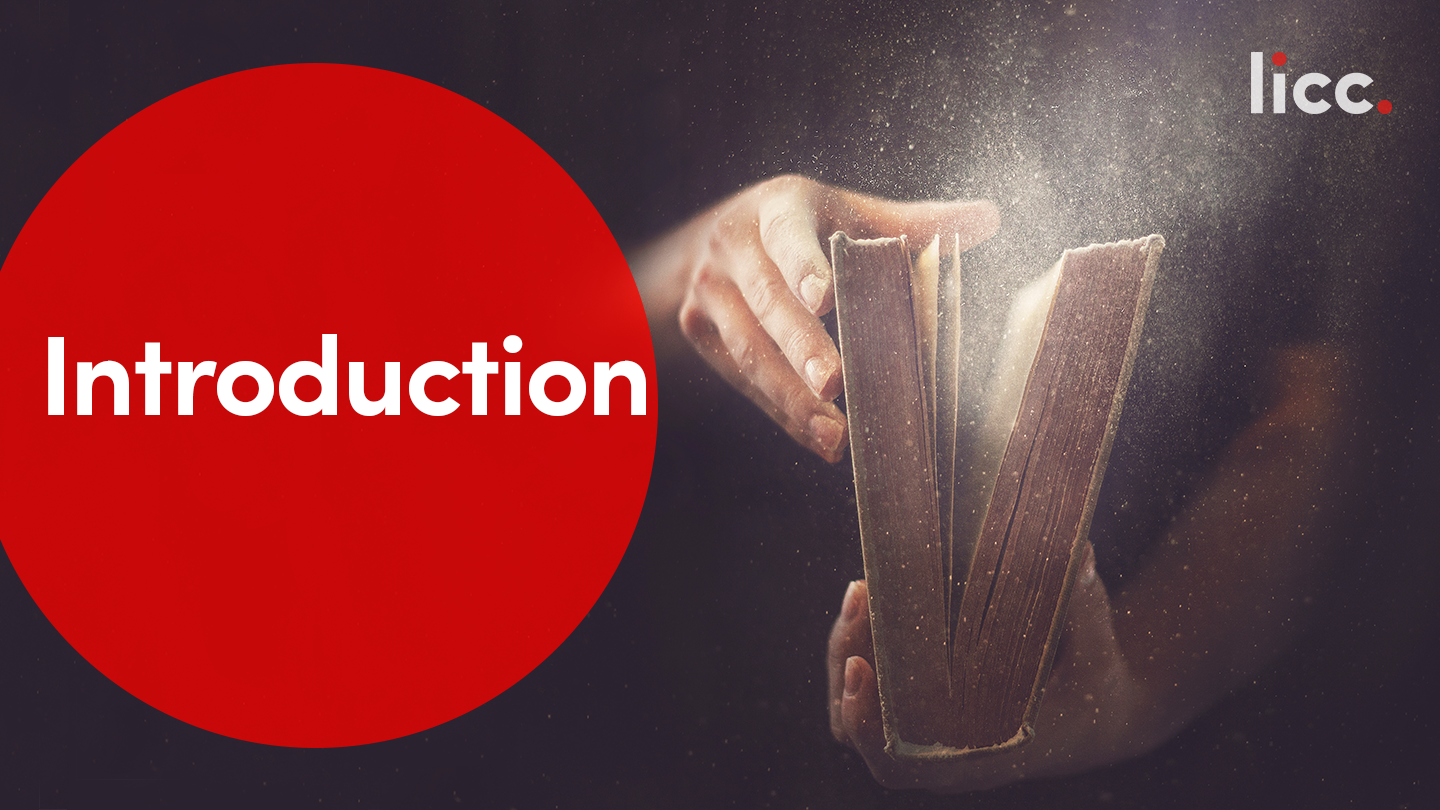Whole Life, Whole Bible: Journey through ScriptureSample


2: I'll tell you a story
Human beings tell stories, stories that weave individuals and their families into wider communities of place and time. They sing the story of the ancestors who built their village; they learn of the Romans who came and named their towns; they ferret around in the archives to discover their Russian great-grandparents; they say, ‘I’m Scottish’, ‘My grandmother was a slave’, ‘My father was in the D-Day landings’. And so, through story, they tie themselves in to place and time.
The Bible, the story of humankind’s relationship with God, also tells stories. In fact, one story unfolds from beginning to end, with many contributing stories of individuals and nations, which reflect, repeat and enlarge the grand narrative. This narrative (as we saw in our first reading) holds Jesus Christ at the heart of it — Alpha and Omega, creator, redeemer and final judge.
So, the psalmist says, listen to the story; tell it to your children — how God brought you out of slavery under the sign of the lamb’s blood and led you on a journey to nationhood. That story is told over and over again in the Old Testament, and it illuminates a new and greater story of the Lamb of God who takes away the sin of the world. In that process, it invests with new profundity other stories: the day of Atonement, Isaiah’s suffering servant, the lamb silent before its shearers.
When the pivotal moment of the whole history of God’s dealings with humanity took place, and a newborn baby was laid in a manger, Matthew tells us that this baby was part of the human story. His family line descended from the great heroes of God’s people, Abraham and David, but also from the smaller stories of faithfulness and redemption, such as Ruth the Moabite and Bathsheba the Hittite (see Matthew 1:1–17).
We too have the privilege of hearing the story and recognising our own place in it. ‘Although the whole earth is mine, you will be for me a kingdom of priests and a holy nation,’ the Lord told the Israelites at Sinai (Exodus 19:5–6); and, through Peter (1 Peter 2:9), he tells us — the scattered people of God — that we are now that holy nation and priestly kingdom, looking ahead to the time when the final curtain comes down on the old world and we reign with him in a renewed earth.
For further reflection and action
- Some of the psalms tell the story of God’s dealings with his people — for example, Psalms 68, 78, 105, 106 and 136. Read and reflect on a few of these. As Christians, we own this as our family story, too: it is as much about us as about Israel. What hints do these psalms provide as to how the story shapes our everyday lives as disciples of Christ?
- In addition to some of the psalms, other places in scripture summarise the story to a certain point in time: see Deuteronomy 1-4; 26:5–10; Joshua 23-24; Judges 1-2; 1 Samuel 12; 2 Kings 17; Nehemiah 9; Ezekiel 16; 20; 23; Daniel 9; Acts 7:2–52; 13:16–41. Again, read a few of these passages and consider what features keep recurring in the telling of the story (this might provide clues as to what is seen as significant), and think about why the story is being told (that is, what does the teller of the story want to achieve by telling the story?).
- ‘Christians are not utopians. Although we know the transforming power of the gospel and the wholesome effects of Christian salt and light, we also know that evil is ingrained in human nature and human society. We harbour no illusions. Only Christ at his second coming will eradicate evil and enthrone righteousness for ever.’ How would you support this statement on the basis of the story the Bible tells?
Scripture
About this Plan

This 50-day reading plan walks you through the story of the whole Bible, and helps you reflect on how it shapes your whole life – at home, at work, in the neighbourhood. The bite-size readings and real-life application questions help illuminate God’s plan to renew all areas of life. Written by Antony Billington, Helen Parry, and Margaret Killingray, from the London Institute for Contemporary Christianity (LICC). Originally published by BRF.
More









